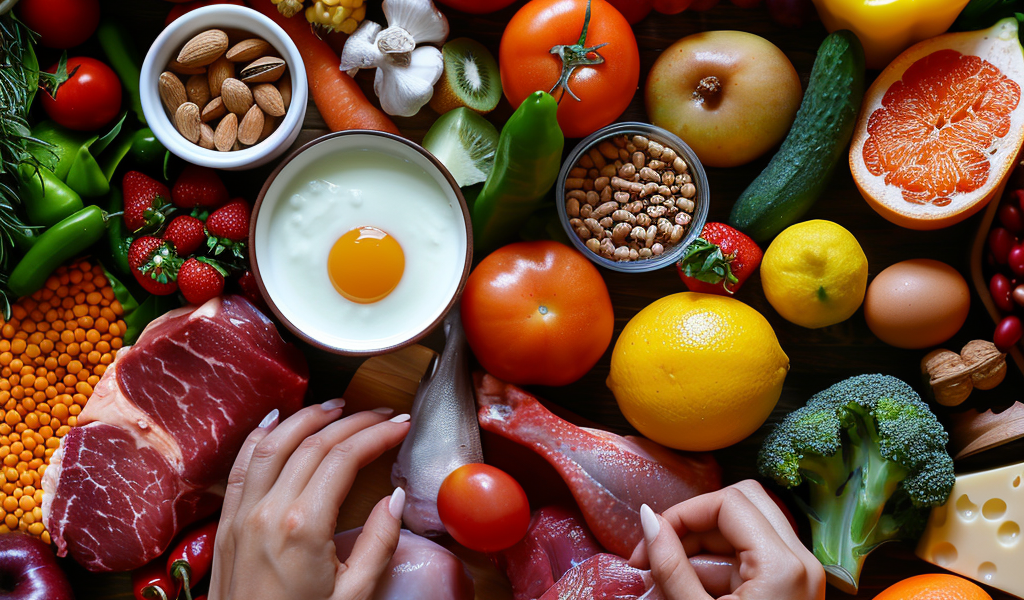Protein is a vital macronutrient that our bodies require for proper functioning. It plays a crucial role in supporting immune function, cell function, tissue repair, providing energy, and transporting other nutrients. While there is a growing emphasis on the importance of consuming enough protein, it is equally important to recognize when you might be consuming too much.
Registered dietitian Vandana Sheth highlights that inadequate protein intake can lead to feelings of fatigue, poor wound healing, weakened immunity, and muscle loss. However, excessive protein consumption can also have negative consequences, especially if it leads to a deficiency in other essential nutrients.
Signs You’re Consuming Too Much Protein
So, how do you determine if you are overdoing it on protein? Dietitians suggest watching out for certain signs that indicate you may be consuming an excessive amount of protein:
- Digestive Issues: Experiencing digestive discomfort such as bloating, gas, or constipation can be a sign of excessive protein intake.
- Dehydration: Consuming high amounts of protein can strain the kidneys, leading to dehydration.
- Unexplained Fatigue: If you feel unusually tired or fatigued despite adequate rest, it could be due to an imbalance in your protein consumption.
- Weight Gain: Contrary to popular belief, excessive protein intake can contribute to weight gain, especially if it leads to a surplus in calorie consumption.
- Calcium Loss: High protein diets can leach calcium from the bones, potentially increasing the risk of osteoporosis.
- Kidney Strain: The kidneys play a crucial role in processing protein, and overconsumption can put unnecessary strain on these organs.
Recommended Protein Intake
The ideal daily protein intake varies based on individual factors such as weight, age, and activity level. Generally, the recommended dietary allowance is 0.8 grams of protein per kilogram of body weight. However, certain groups may require higher protein intake:
- Pregnant individuals: At least 1.1 grams per kilogram of body weight
- Elderly individuals: 1.2 grams per kilogram of body weight
- Athletes: Higher protein intake to support muscle repair and growth
It is essential to strike a balance in your protein consumption to ensure optimal health and well-being. While protein is a valuable nutrient, moderation and variety in your diet are key to maintaining overall nutritional balance.





